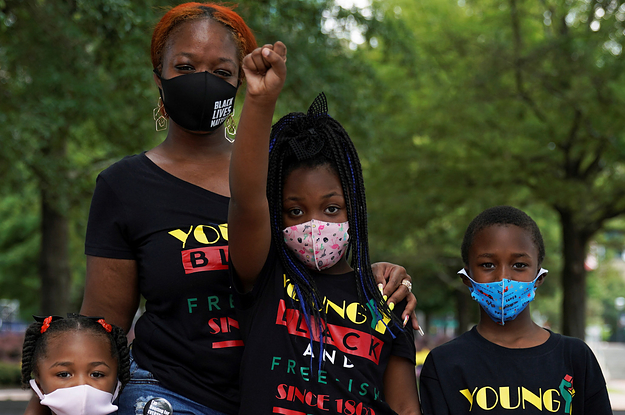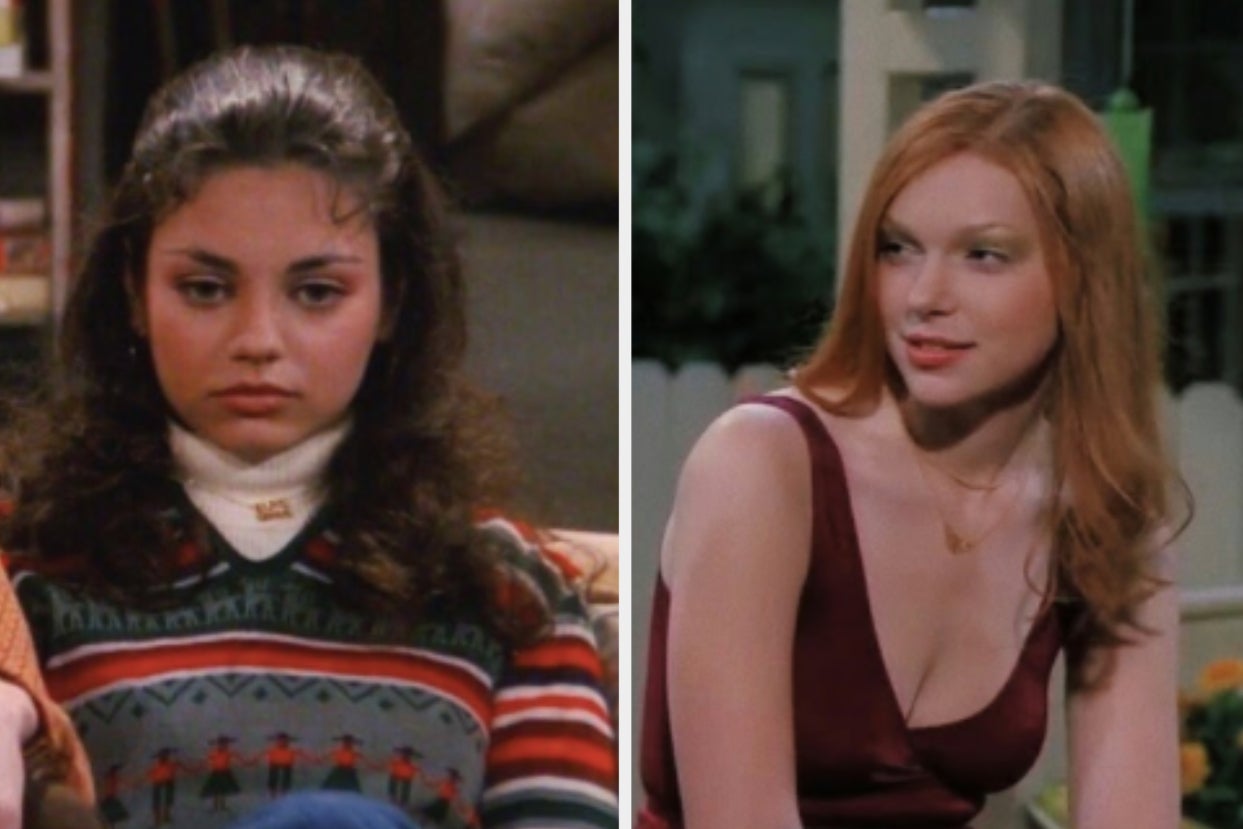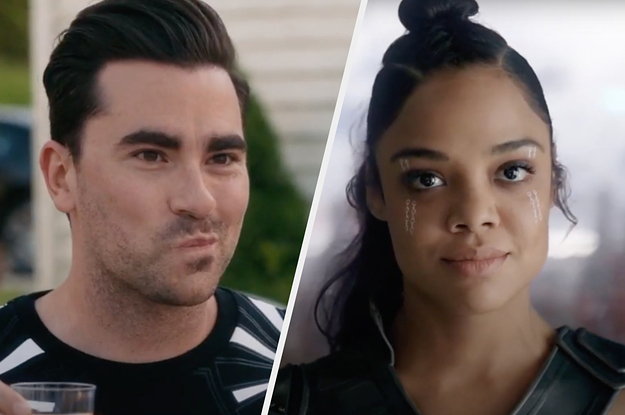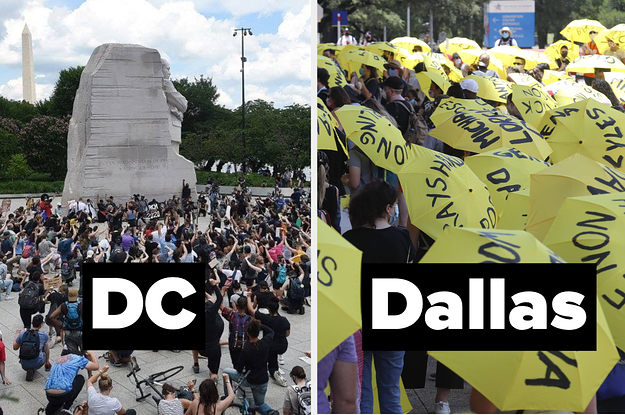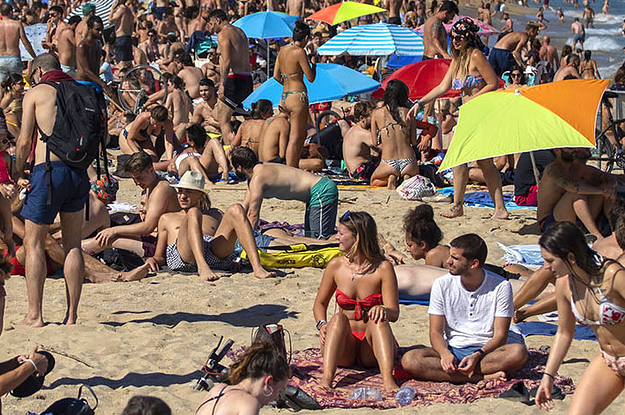Category: Viral
Category Added in a WPeMatico Campaign
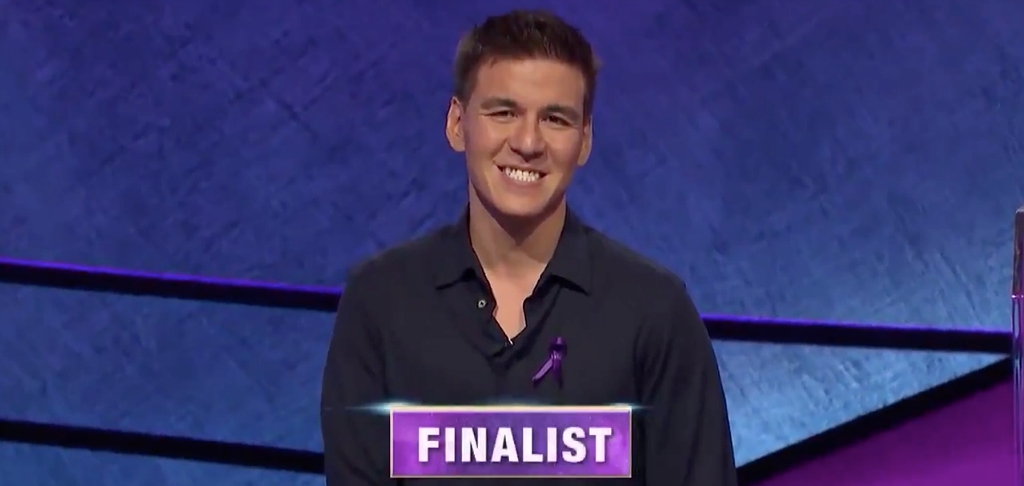
We already know that Alex Trebek is eager to get Jeopardy! back in the studio and taping new episodes, but as the COVID-19 pandemic continues to spread around the world we’ve had to accept that we’ll be watching reruns of the classic game show. We also already knew those reruns would include episodes where James Holzhauer and Emma Boettcher steal the show, but now we know exactly when those episodes will air.
Jeopardy!‘s official Twitter account went quiet for most of June but on Thursday shared a new schedule for the show, which aired its final new episode last Friday and has slipped back into reruns after the show went on hiatus with the rest of Hollywood when the coronavirus pandemic shut down production back in March.
Since then, the show has tried to stretch its new episodes out as long as it can. But starting on Monday, a new set of reruns will air in its syndication spot featuring episodes where the show’s last Tournament of Champions contestants got their a significant win.
Big champions, big wins, and how they got to the 2019 #TournamentOfChampions! It’s great to see all of these players again. pic.twitter.com/hCOtiaxGvM
— Jeopardy! (@Jeopardy) June 18, 2020
The next three weeks of shows will feature the 15 contestants, headlined by James Holzhauer’s appearance on July 1. The next night will feature Emma Boettcher’s victory, which ended Holzhauer’s run of victories that netted him more than $2 million. That’s a lot of Jeopardy! history missing between those two games, but it’s all to set up a re-airing of last November’s Jeopardy! Tournament of Champions, which (spoilers) Holzhauer won over Boettcher to win an additional $250,000.
It’s a fun way to re-air some recent Jeopardy! greatness over the next few weeks, and if you need some background on the contestants and what to expect, we’ve certainly got you covered.
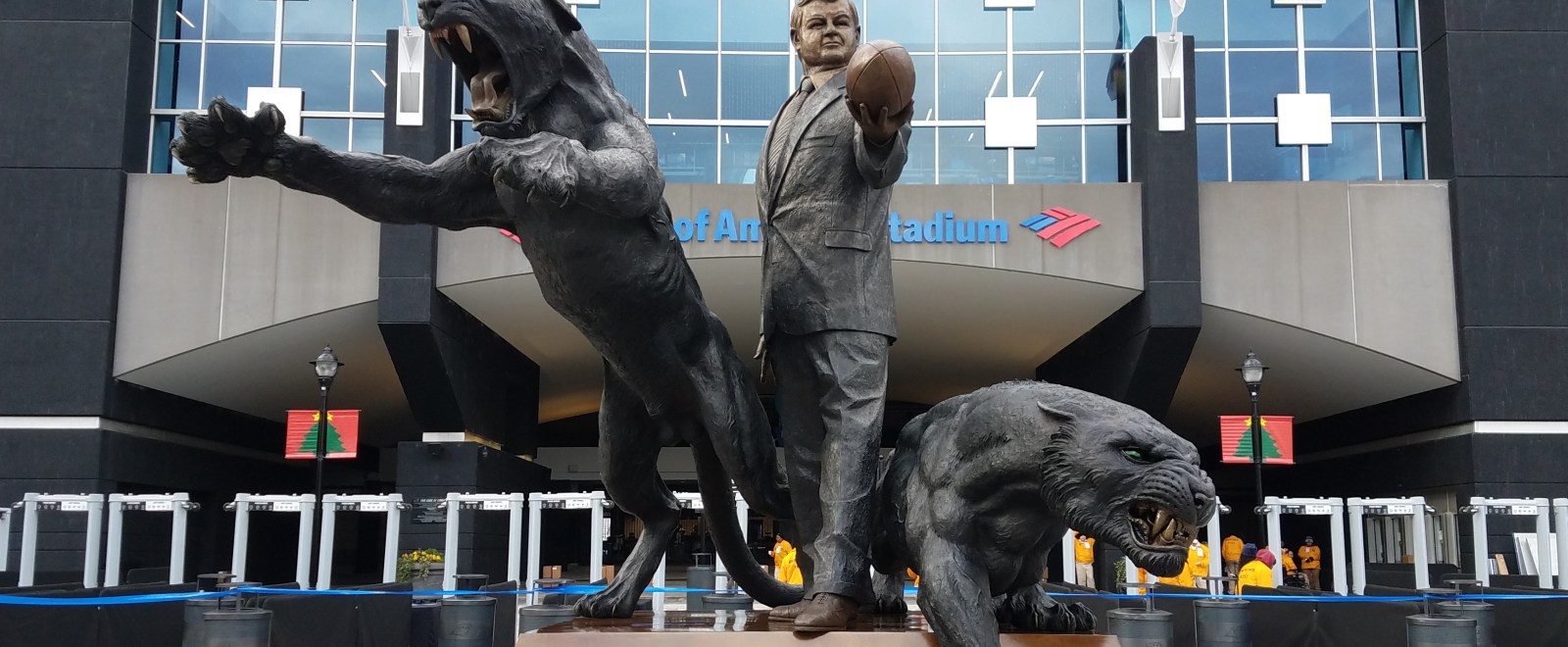
In the nearly four weeks since George Floyd was killed by a Minneapolis police officer, people throughout the U.S. and the world have marched in protest, re-energized in the fight against systemic racism and police violence. In the sporting world, many Black athletes have been at the forefront the movement, standing with protesters, giving speeches at rallies, and using their platforms to implore others to be actively anti-racist and to promote and protect Black lives. And after protesters began tearing down statues of slave owners and cities realized it was high time to do away with their statues of Confederate soldiers and other racist historical figures like Christopher Columbus, sports teams have finally begun removing their own problematic monuments, marking a staggering shift in a world that has historically protected the white and powerful.
In sports, having your own statue stand outside a stadium is the pinnacle of achievement for athletes, coaches, and owners alike. In a world that moves so quickly yet reveres heroes of the past, a statue is the closest a sports figure gets to reaching immortality. But even those who get a statue don’t always deserve one, and now several teams are attempting to right their past wrongs.
Last week, the Carolina Panthers reportedly permanently removed a statue of founder and former owner Jerry Richardson, who had was forced to sell the team after it was reported that he used racial slurs and engaged in sexual harassment. They weren’t the only NFL team that made this decision, as Washington took the same step with racist former owner George Preston Marshall. Also on Friday, the Minnesota Twins took this action with former owner Calvin Griffith’s statue. These latest removals occurred on Juneteenth, the holiday which remembers the official ending of slavery.
Under Marshall, Washington was the last NFL team to integrate in 1962 following pressure from the U.S. government. He also had the marching band play the Confederate song, “Dixie,” for 23 years, according to ESPN. In a statement, the team said that the removal of his statue was an “overdue step on the road to lasting equality and justice.” Marshall was inducted into the Pro Football Hall of Fame in 1963 and is still part of the team’s Ring of Fame. Additionally, there is a section of FedEx Field still named after him and he is included on the team’s history wall outside of the locker room in its practice facility.
Griffith, who inherited the franchise in 1966 — then called the Washington Senators — and sold the team in 1984, passed away at age 87 in 1999. In a 1978 speech, Griffith insulted his Black player Rod Carew and said that he only moved the Twins to Minnesota “when I found out you only had 15,000 Blacks here.”
“I’ll tell you why we came to Minnesota. It was when I found out you only had 15,000 Blacks here,” Griffith said. “Black people don’t go to ballgames, but they’ll fill up a rassling ring and put up such a chant it’ll scare you to death. It’s unbelievable. We came here because you’ve got good, hardworking, white people here.”
In a statement, the Twins organization said it acknowledged Griffith’s “prominent role” in the team’s history, but that it could not ignore his racist comments.
The #MNTwins removed the Calvin Griffith statue from Target Field this morning. pic.twitter.com/K044WNP7Ys
— Minnesota Twins (@Twins) June 19, 2020
“We cannot remove Calvin Griffith from the history of the Minnesota Twins, but we believe removal of this statue is an important and necessary step in our ongoing commitment to provide a Target Field experience where every fan and employee feels safe and welcome,” read part of the statement.
As the first thing that many fans see when they enter a stadium, statues are iconic (and wildly expensive) representations of many franchises. At their core, they are meant to represent the very best in sport. As their teams seem to have finally realized, Griffith, Marshall and Richardson do not deserve to be immortalized.
Many, like Fox News host Laura Ingraham, think athletes have no place talking about politics. But sport — no matter how much of a reprieve from the depressing daily news cycle it may be for some — has always been intertwined with politics. Athletes are human beings first and can speak on whatever issues they believe in. If presidents can invite championship teams to the White House for a photo op, then those players can also use the opportunity to take a stand and even opt not to go. In recent years, prominent athletes and coaches have even been successful in using their platforms to bring about progress or even change public opinion.
Warriors head coach Steve Kerr and WNBA player Natasha Cloud continue to bring the conversation about gun control to the national fore. Colin Kaepernick got people to pay attention to police brutality against Black Americans. Maya Moore took entire seasons off from playing during her prime to fight for a man’s innocence in a broken criminal justice system. NBA stars like Stephen Curry and Jaylen Brown have marched with and for the people. Bubba Wallace got NASCAR to ban Confederate flags at races, something that would have been unfathomable even just one month ago. LeBron James has started a voting rights group to protect Black Americans’ civil rights. Politics affect all people in the U.S. — the poor and the privileged, celebrity and essential worker. And now more than ever before, athletes in all sports are speaking up.
And why shouldn’t we pay attention? After all, sport is essentially a microcosm for society as a whole. Just like in the boardrooms of corporate America and in government offices, the small number of people in power in sports do not reflect the many people that work under them. There are no Black commissioners in any of the U.S.’s major sports leagues despite the high numbers of Black athletes. The NFL may have its Rooney Rule, but recent reports have rightfully pointed out its failings. Even in the progressive NBA and WNBA, which are made up of 81.9 percent and 82.7 percent players of color, respectively, there are significantly fewer Black head coaches, general managers and team owners.
So while the removal of statues of prominent racist sporting figures is very important and a step in the right direction, it is important that the franchises’ activism doesn’t just stop there.
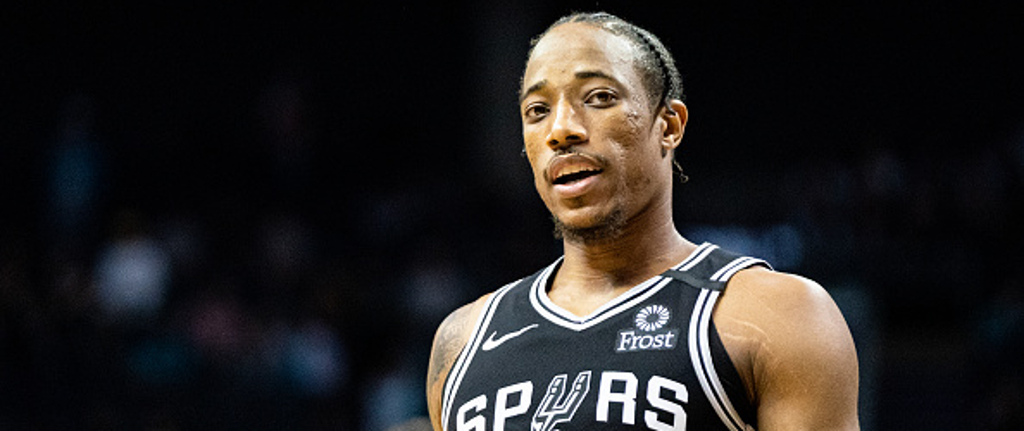
NBA stars around the country have been taking initiative in recent weeks and adding their voice, their influence, and their money to the Black Lives Matter movement and the demand for equal justice and police reform. The protests have gained so much traction that it’s raised serious concerns about whether resuming the NBA season in Orlando could distract from the movement.
DeMar DeRozan, along with Russell Westbrook, Kendrick Lamar, and many others, have helped lead protests in Compton recently, just a few of many examples of athletes, musicians, and celebrities joining the cause in high-profile ways. DeRozan took time out on Friday to speak with Taylor Rooks of Bleacher Report about his experience as a Black man in America and much more.
During one segment, DeRozan talks about an experience he had in ninth grade of going to play a basketball game at a predominately white school and the culture shock he felt at just how different everything was from where he lived and where he was raised.
“How can we be OK?”@DeMar_DeRozan opens up to @TaylorRooks on when he realized being Black was different than being white, what “America” means to him and more.
Watch the new series on YouTube https://t.co/REqyZFOkXk pic.twitter.com/wiLfRph8u3
— Bleacher Report (@BleacherReport) June 19, 2020
“I saw for the first time how different their schools were, facilities, just everything about that culture, was like night and day from us,” DeRozan said. “From then on, it used to make me question, like, damn, why is their stuff better, why do they have this better, why they talk better, why they dress better? So many questions came about, and as I continued to get older, I seen the separation from privilege to where we came from.”
It’s a wide-ranging interview that’s well worth the listen, covering several topics relevant to the current social conversation, including how he learned to fear the police, the “intense” Zoom calls about the restart in Orlando, and how Spurs coach Gregg Popovich has been a fearless leader for social justice and set the tenor for his players and other coaches around the league.

